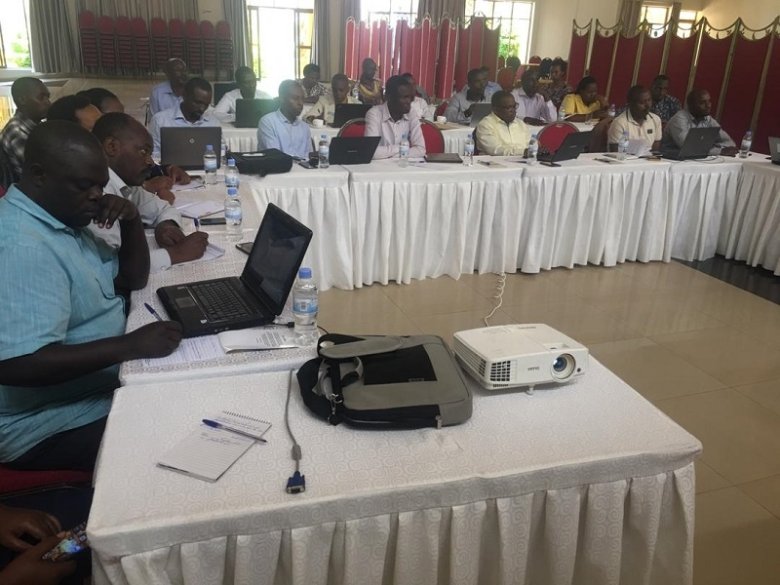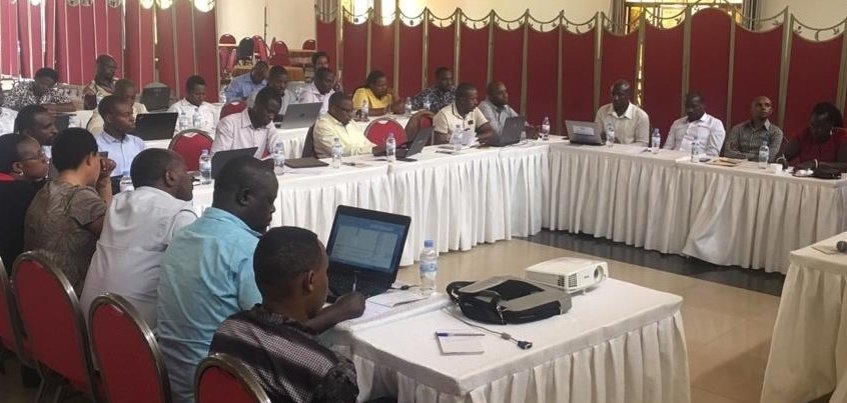On 19th and 20th September 2019, RALGA organized a two-day advocacy workshop on Gender Responsive budgeting (GRB), Gender Budget Statement (GBS) and Local Economic Development (LED) at Nobleza Hotel in Kigali. The aim was to bring together key stakeholders from central and local governments to discuss various issues affecting efficiency in the elaboration, implementation and reporting on GRB/GBS and LED. The workshop was organized in partnership with Ministry of Local Government (MINALOC), with financial support from the Belgian Development Agency (ENABEL) through the Rwanda Decentralization Support Program (RDSP).
Strategies for efficient planning, implementation and reporting identified
Basing on the discussions and information shared during the advocacy workshop as well as during the previous policy dialogues on GRB and LED, various recommendations were made. In general, timely and efficient information sharing among the key stakeholders was identified as one of the most serious issues to be addressed. At planning level, participants recommended that GRB and GBS aspects be considered during the 1st Planning and Budgeting Call Circular. Participants also recommended timely implementation of LED projects which have budgets. They also recommended timely and detailed reporting on previous financial year to inform and allow efficient planning for the following financial year. Participants also encouraged investments in rural areas, Public and Private Partnership, Small and Medium Enterprises to foster LED as well as supporting the “One Village One Product (OVOP)” program.
Key partners’ role in effective implantation of GRB/GBS and LED discussed
With the purpose of improving collaboration between key staholders, participants recommended the organization of meetings between concerned local and central government institutions to harmonise information about GRB/GBS nd LED before they are sent to MINECOFIN. It was also highly recommended that the Gender Monitoring Office and MINECOFIN shall provide clear guidance on GBS preparation to districts. Districts representatives also expressed the wish that GMO and concerned ministries should timely provide feedback on reports from districts for relevant corrections. Finally, close collaboration between district and ministries technicians during the planning phase so that information on GRB and GBS is harmonized was highly recommended.
At local government level, participants included Directors of Business Development & Employment Unit (BDEU), Directors of Planning & Gender Officers from the 8 districts covered by RDSP. At central government level, various institutions were represented including the Ministry of Finance and Economic Planning (MINECOFIN), the Ministry of Trade and Industry (MINICOM), the Ministry of Public Service and Labour (MIFOTRA), the Ministry of Gender and Family Promotion (MIGEPROF), the Ministry of Youth and ICT (MINIYOUTH), the Ministry of Agriculture and Animal Resources (MINAGRI), Local Administrative Entities Development Agency (LODA), Rwanda Development Board (RDB), Gender Monitoring Office (GMO), National Women Council (NWC), Rwanda Cooperative Agency (RCA), National Industrial Research and Development Agency (NIRDA) as well as Rwanda Social Security Board (RSSB).



